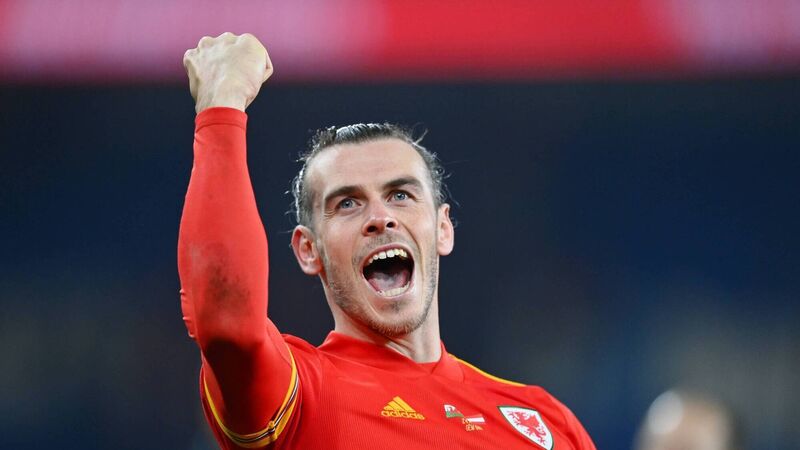Tommy Martin: Internationals provide meaning in a debased sport where everything can be bought and sold

CARDIFF, WALES - MARCH 24: Gareth Bale of Wales celebrates following their side's victory in the 2022 FIFA World Cup Qualifier knockout round play-off match between Wales and Austria at Cardiff City Stadium on March 24, 2022 in Cardiff, Wales. (Photo by Dan Mullan/Getty Images)
And so the international window ends and we return to club football. Or, as Gareth Bale calls it, holiday time!
The Welsh wizard was one of the standout stars of the last week, appearing in a puff of smoke to guide his country into a World Cup play-off final. Bale’s appearance for Wales was greeted with the now customary disdain in Madrid, where many doubt whether the intense passion he shows for his national team is matched by his commitment to his club.









